Transport planners work closely with traffic engineers to ensure that the transportation system is designed in a way that meets the current and future needs of the community. This includes considering factors such as accessibility, connectivity, sustainability, and equity. The aim is to provide an efficient and safe transportation system that balances the needs of different users, including pedestrians, cyclists, drivers, and public transport passengers.
One of the key responsibilities of a transportation planner is to conduct research and analysis to understand the transportation needs of a community. This can involve analysing data on traffic patterns, population growth, and land use, as well as conducting public meetings and surveys to gather input from residents and stakeholders.
Based on this research, transportation planners then develop plans and proposals to improve transportation systems. This can include designing new roads, public transportation routes, and bike lanes, as well as identifying areas where improvements can be made to existing infrastructure. They also work to ensure that transportation projects are in line with local and regional planning goals, such as reducing traffic congestion, promoting sustainable transportation, and improving access to jobs and services.
Transportation planners also work closely with other professionals, such as engineers, architects, and urban planners, to ensure that transportation plans and projects are integrated with other aspects of community development. This can include working with engineers to design new transportation infrastructure, working with architects to create transportation-friendly buildings, and working with urban planners to create walkable and bikeable communities.
Transportation planners also play a key role in securing funding for transportation projects. They may work with local and state officials to secure funding from federal and state transportation programs, as well as from private sources. They also work to ensure that transportation projects are in compliance with all relevant national and state regulations.
Transportation planners typically hold a degree in urban planning, civil engineering, or a related field. They may work for government agencies, consulting firms, or private companies, and their work can encompass a wide range of transportation modes, including cars, buses, trains, and bicycles.
Some key traits of transport planners include:
- Strong analytical and problem-solving skills
- Excellent communication and interpersonal skills
- In-depth knowledge of transportation systems and related technologies
- Ability to work well under pressure and prioritise tasks effectively
- Attention to detail and ability to work with large amounts of data
- Flexibility and adaptability to changing circumstances
- Creative and innovative thinking to develop new solutions and strategies
- Strong project management skills to ensure successful implementation of plans
- Knowledge of relevant regulations and policies governing transportation planning
- Commitment to sustainability and a desire to minimise the environmental impact of transportation systems
At Amber, our Transport Planners work across a wide range of projects and collaborate with multi-disciplinary teams. If you’re interested in learning more about our approach to Transportation Planning, please get in touch with us.


